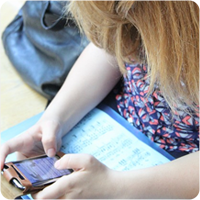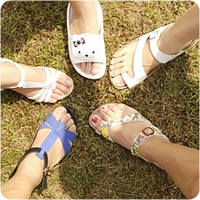Het arrangement Sit with us v456 is gemaakt met Wikiwijs van Kennisnet. Wikiwijs is hét onderwijsplatform waar je leermiddelen zoekt, maakt en deelt.
- Auteur
- Laatst gewijzigd
- 21-07-2025 09:33:41
- Licentie
-
Dit lesmateriaal is gepubliceerd onder de Creative Commons Naamsvermelding-GelijkDelen 4.0 Internationale licentie. Dit houdt in dat je onder de voorwaarde van naamsvermelding en publicatie onder dezelfde licentie vrij bent om:
- het werk te delen - te kopiëren, te verspreiden en door te geven via elk medium of bestandsformaat
- het werk te bewerken - te remixen, te veranderen en afgeleide werken te maken
- voor alle doeleinden, inclusief commerciële doeleinden.
Meer informatie over de CC Naamsvermelding-GelijkDelen 4.0 Internationale licentie.
Aanvullende informatie over dit lesmateriaal
Van dit lesmateriaal is de volgende aanvullende informatie beschikbaar:
- Toelichting
- Deze les valt onder de arrangeerbare leerlijn van de Stercollectie voor Engels voor vwo, leerjaar 4, 5 en 6. Dit is thema 'Heroes'. Het onderwerp van deze les is: Sit with us. Deze les gaat over sociale netwerkingsapp 'Sit with us' tegen pesten en uitsluiten. Het gaat over het maken van vrienden op school. Hierbij is er aandacht voor de voor- en nadelen.
- Leerniveau
- VWO 6; VWO 4; VWO 5;
- Leerinhoud en doelen
- Engels;
- Eindgebruiker
- leerling/student
- Moeilijkheidsgraad
- gemiddeld
- Studiebelasting
- 3 uur 0 minuten
- Trefwoorden
- arrangeerbaar, engels, school, sit with us, social networking app, stercollectie, tegen pesten en uitsluiten, v456, vrienden maken

 The subject of this lesson is 'Sit with us'.
The subject of this lesson is 'Sit with us'.


 ‘Sit With Us’ also aims to help reduce bullying.
‘Sit With Us’ also aims to help reduce bullying.

 Task: Writing
Task: Writing What have you learned in this lesson?
What have you learned in this lesson?